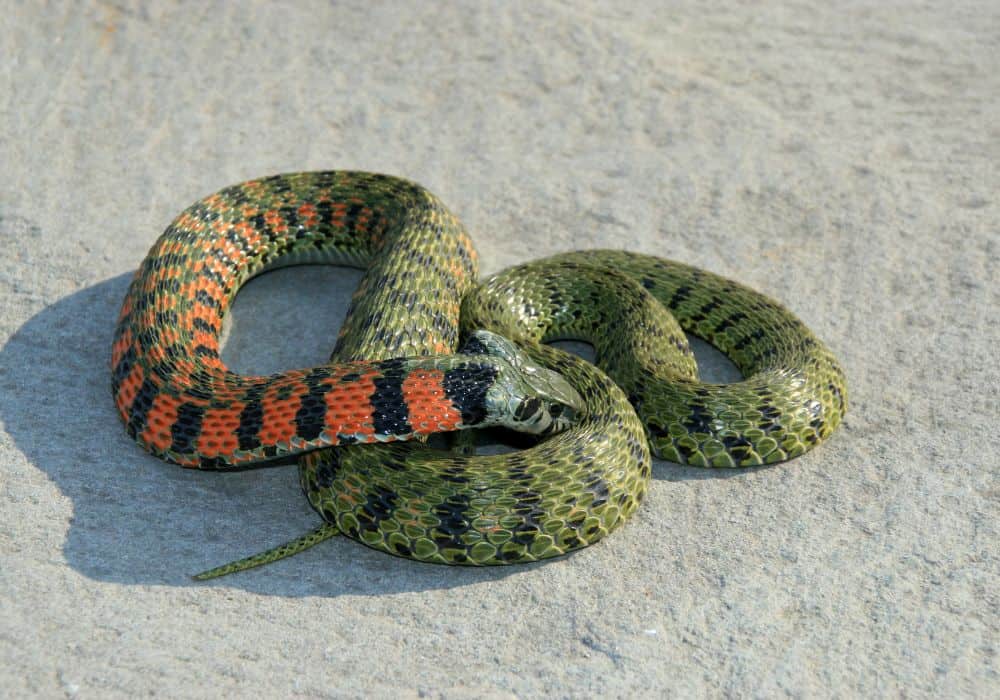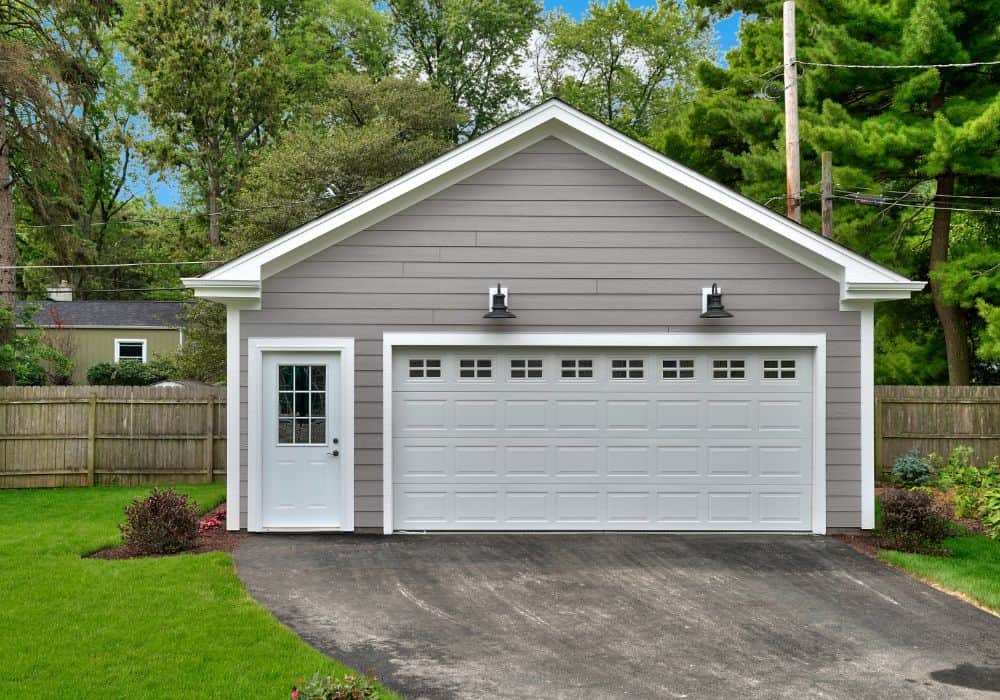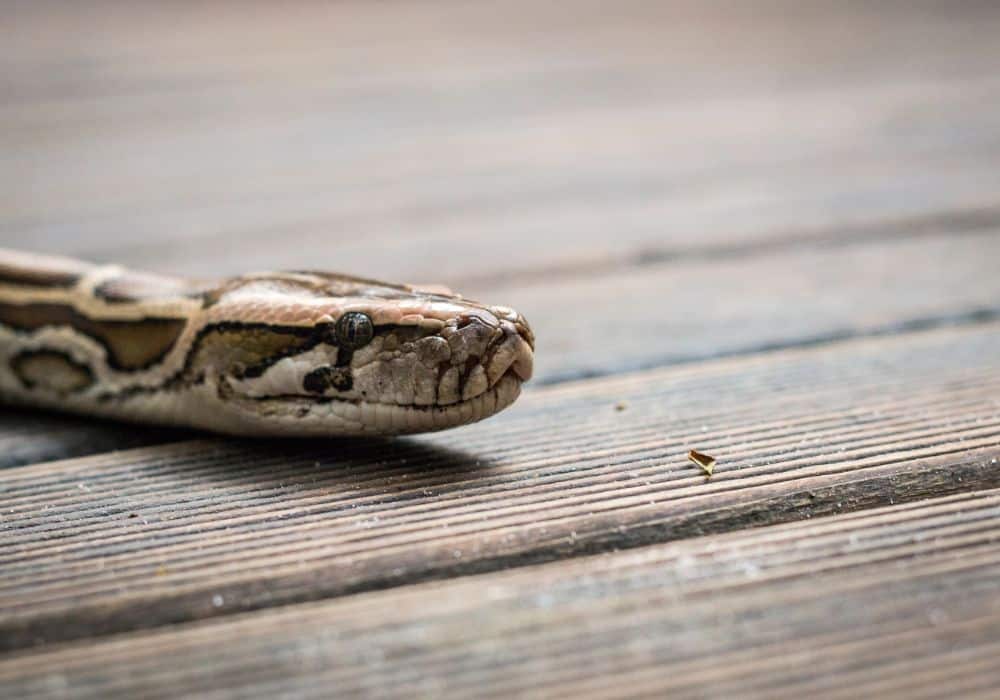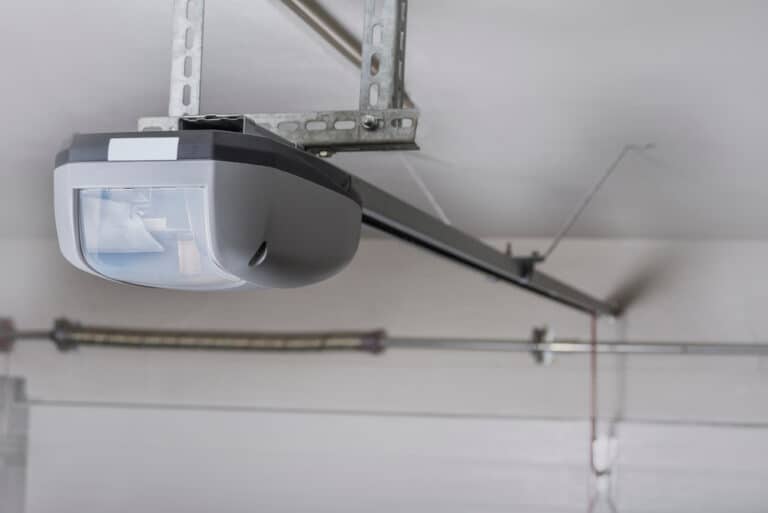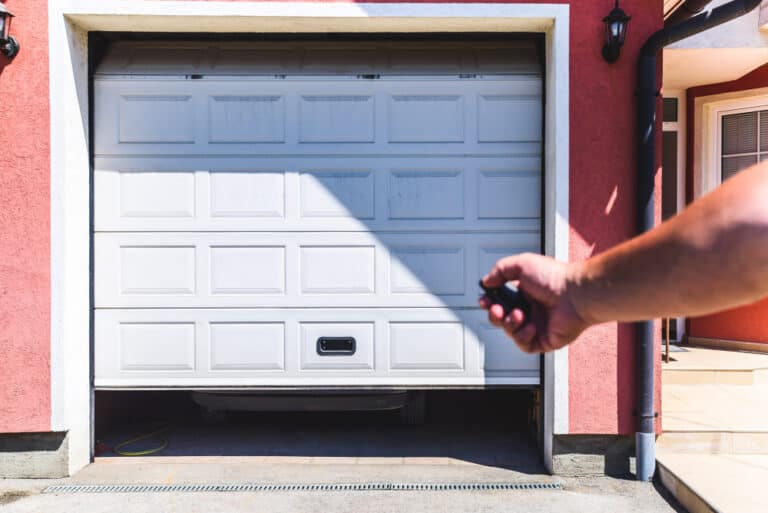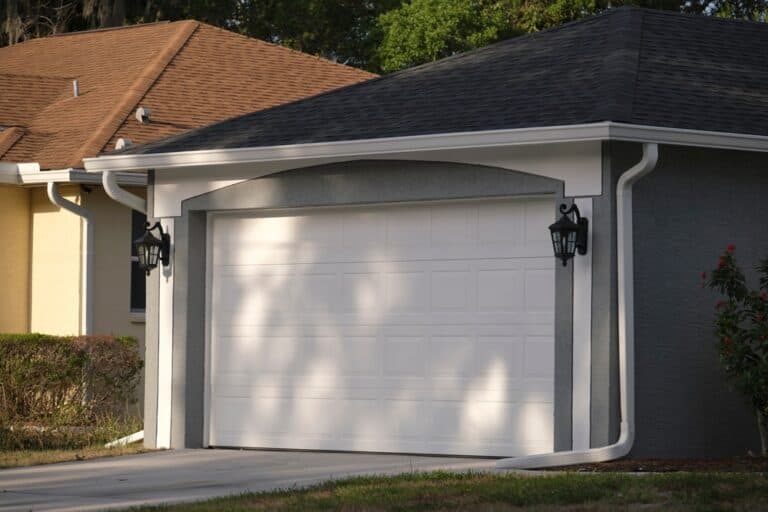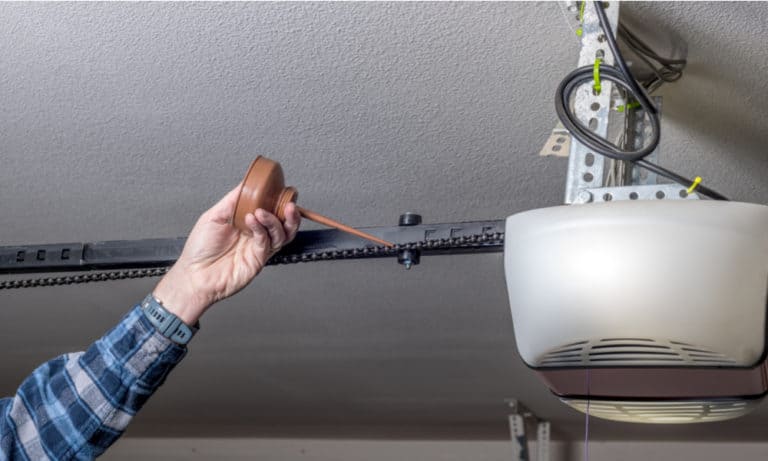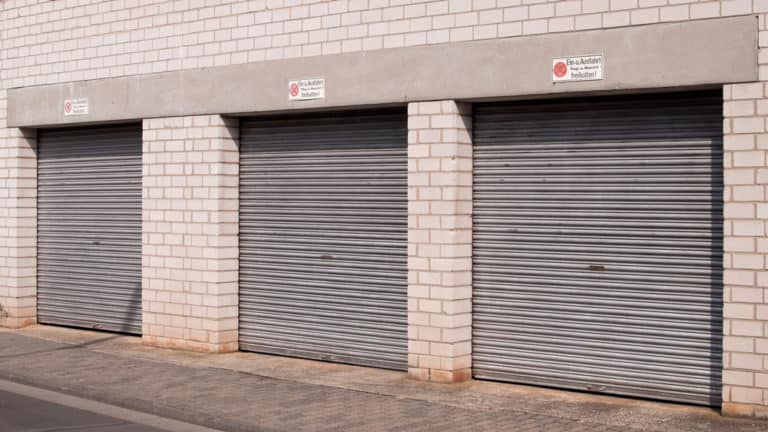It’s a fine day to check up on your garage, and you would expect to see your car and perhaps some paint cans from your last paint job. However, what greets you is an aggressive snake, ready to pounce at you. How do you even get rid of snakes in your garage?
What You’ll Need
Snakes are not your usual cute animals that will go away if you shush them hard enough. They will fight back, perhaps with a venomous bite that can kill a human adult in minutes. Therefore, you need to come prepared when trying to get them off your property.
You need to prepare the following:
- Materials for weather-sealing
- Caulk
- Rat traps
- Pesticide
- Lawnmower
- Hedge trimmer
- Glue boards
How to Get Rid of Snakes in Your Garage
1. Seal gaps and cracks
Snakes are slithery reptiles that can slip into cracks and gaps that your garage may have. Additionally, they usually follow the scent of prey, which may come inside your garage using those same cracks.
You need to discourage not just snakes but also their prey, usually small rodents, from entering your garage in the first place. Therefore, the first thing you have to do is to seal any of those cracks and gaps that your garage might have.
You might want to start with weather-sealing your garage. Your garage door’s damaged bottom seal can be the easiest entry point for both snake and prey, so changing it to a new one will be effective at keeping both out. Plus, changing it yourself might not seem to be a hard thing to do.
After checking off the easiest entry point, it’s just a matter of going through your garage and finding other cracks and gaps that lead to the outside. If you find small cracks, you can use caulk to fill them in. However, if you have larger holes or you want a more permanent solution, cement can go a long way.
2. Clean out trash and dirt
The garage is often the workplace for DIY projects and other heavy-duty projects that you might be into. These projects leave quite an amount of debris and trash that you may or may not clean out immediately. You might think it’s fine, but not when piles of debris become a snake’s habitat.
Aside from food, snakes may be looking for shelter, and any patch of trash will do for them. You simply do not want to share the same garage with a snake, so you should endeavor to keep your garage clean, especially the floor. Plus, it’s safer to have your workplace nice and tidy.
3. Fix your rodent problem
Perhaps snakes in your garage are an indication of an underlying problem in your garage. They are simply attracted to food, and nothing is a better snack for them in urban areas than rats and mice. If you can hear scratching sounds from your garage or find some of your items chewed out by tiny teeth, you might need to fix that problem, too.
Sealing gaps is the first step to getting the rodents out of your garage, but you need to completely exterminate these pests to let snakes know they aren’t having their next buffet inside your garage. Setting up traps and pesticides is one good way to keep those little critters away, and snakes consequently.
Additionally, exterminate other small insects which may also become snake snacks to further discourage a feast for the snakes in your garage.
4. Close your garage door when not in use
Perhaps you’re the kind of person who prefers to open their garage door for the most part of the day. However, that just means that there are more chances for snakes and their prey to move into your garage with the easiest entry of their lives.
We don’t mean to say that you should stop using your garage and keep it closed all day long. Snakes do not like places with high activity, so as long as you are using your garage, you shouldn’t have any problems with snakes going in.
However, make sure that as soon as you’re done, you should keep your garage door closed. You never know that something as simple as that can be quite the most effective way of keeping snakes out of your property.
5. Keep your grass short
Snakes are not a fan of being seen, so they like to move through places that can keep them hidden. Tall grasses on lawns are their favorite traipsing area, so you might want to discourage snakes from coming into your lawn by simply cutting your grass short.
Regularly mow your lawn to a good length, and snakes will find themselves too exposed to even try crossing it. For maximum effectiveness, you can also run a flat cement footpath around your garage, preventing snakes from even coming at all.
6. Trim your plants short
In the same vein as the previous step, snakes naturally want to hide in thick bushes and brush of plants. Trimming the plants and bushes near your perimeter down can reduce the hiding areas of snakes around your garage to a minimum.
Be especially wary of tree branches that innocently touch your garage roof. Snakes can slither up these trees and literally jump from the branch and perch themselves on your roof. You might want to cut those off and keep them off your garage for a good distance.
7. Use snake repellents
Although there are commercial repellents available, most people fall back to natural or DIY alternatives that have anecdotal evidence of working against snakes. There is quite an assortment of natural snake repellents that many people have been using.
- Mothballs – Mothballs contain naphthalene, a common ingredient in commercial repellents. These are supposedly good against snakes, too, so placing a few of these tiny balls in entrances where snakes and rodents might come in to stop them from entering your garage. Take care in using these, though, since they can be toxic to small children and pets.
- Sulfur – Powdered sulfur can irritate a snake’s skin, making them think twice about crossing your garage upon contact. These should be easily available at your local hardware stores.
- Onions and garlic – These contain sulfuric acid which, as mentioned above, can irritate a snake’s skin. Mix them up with some salt and sprinkle them around your garage to keep those pesky snakes away.
Other possible repellents you can use are lime, peppermint, white vinegar, and ammonia. You can spray these repellents around your garage to avoid snakes from ever crossing your fence.
8. Introduce snake predators
Snakes also have their own natural predators in the wild, and they’re often the better choice to have around. Raccoons, foxes, skunks, and coyotes are great at threatening a growing snake population near your area.
Large birds like owls, hawks, and eagles also prey on these snakes. Encouraging them around your community by preparing a nesting box can help reduce snake numbers, too.
9. Use glue traps
Glue boards are the best way to deal with a snake if you’re not a professional. However, we highly encourage that you only use this if you are certain that you are dealing with non-venomous snakes.
10. Call professionals
At the end of the day, snakes are not an easy bunch to deal with. They are often too unsafe for a homely homeowner to handle alone. If you can confirm that you have a snake problem, it’s better for you to call the experts.
Although you might be tempted to call professional exterminators first, your local wildlife control company or a snake-removal service can be more suited to dealing with problems like this. Although they may be a pest to us, snakes fulfill a specific niche in our ecosystem, and experts can help put them back in their rightful place as humanely as possible.
If you feel like these snakes have stayed for quite some time in your garage, make sure to notify them so that they can also search for snake eggs in your perimeter.
Afterward, you might also want to call pest control to deal with the food sources of snakes that are making a habitat out of your garage.
Why Snakes Enter Garages
As mentioned above, snakes, much like any other animal, seek either food or shelter. Your garage may offer either or both of them, especially the latter.
During season changes, the outside temperature may fluctuate to extreme values, and snakes are particularly susceptible to these changes. Your garage may offer a more consistent environment than the outside that snakes may prefer more.
Additionally, having rodents inside your garage means that snakes are likely to move in for a good dinner. By solving your rat and mouse problem, it’s also likely that snakes will move out to look for other sources of food.
Conclusion
Whether you like snakes or not, we know that the garage is not their place. As long as we stay clear of them and follow the steps outlined above, we should be able to keep them away from our garage and keep ourselves safe. Upon sight of the snake, we advise you to call experts and let them handle the situation. Otherwise, avoid making your garage their favorite habitat.

